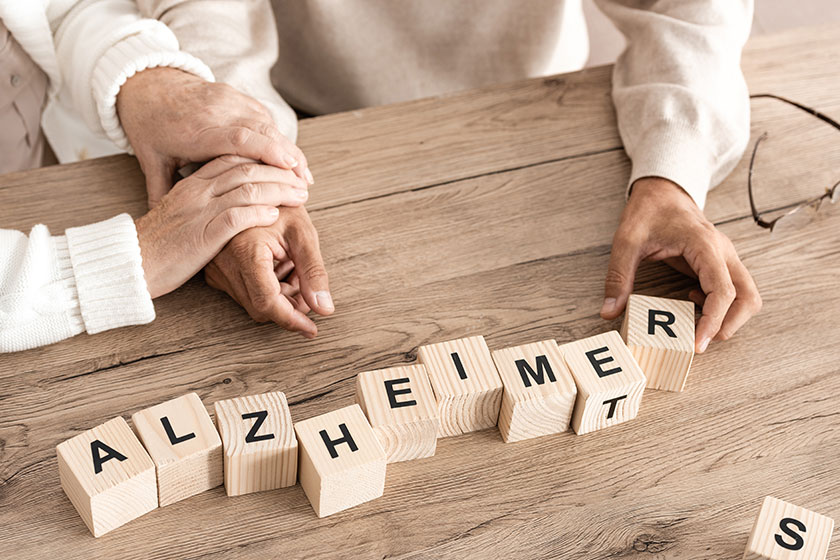If you have a loved one who is experiencing the symptoms of dementia or Alzheimer’s disease, it can be difficult to know what to expect and how best to support them. It’s important to understand the differences between Alzheimer’s and dementia to get your loved one the proper care they need.
Alzheimer’s Disease Is A Form Of Dementia
Dementia is a general term for the decline in cognitive function that affects thinking, memory and behavior. Alzheimer’s is the most common form of dementia, but several others exist.
In Alzheimer’s disease, brain cells degenerate and die over time as abnormal proteins build up in their place. The condition results in problems with memory, language skills, and other mental abilities. It can interfere with your ability to do everyday tasks such as organizing information or making decisions.
Not All Dementia Is Alzheimer’s Disease
Alzheimer’s is the most common form of dementia but is not the only cause. Other conditions, such as Parkinson’s, Huntington’s, and multiple sclerosis, are also associated with dementia-related symptoms. Dementia can also be caused by stroke, head trauma (concussions), or alcoholism. So while Alzheimer’s is a problem that needs attention and support from researchers worldwide, it’s important to remember that many others suffer from memory loss as well.
Treatment Options For Alzheimer’s Disease
There are many treatment options for Alzheimer’s disease. Medications can help control the symptoms of Alzheimer’s and make the person feel better, but they do not cure the disease. A doctor may prescribe medications to treat behavioral problems, depression, anxiety, or sleep disturbances. The doctor may also advise counseling if your loved one has trouble understanding why they are doing things differently than before. It is essential to talk with your doctor about any concerns you have about these changes in behavior so that they can recommend the best course of treatment for you and your family member who has Alzheimer’s disease.
Cognitive behavioral therapy is another approach commonly used in treating patients with dementia-related behavioral issues such as wandering or agitation (anxiety). This type of therapy involves teaching persons with dementia new skills through practice sessions where they learn how to manage their feelings and behaviors related to their illness.
This includes reducing anxiety by learning relaxation techniques like breathing exercises or muscle relaxation; reducing stress by learning how to organize daily activities; improving communication skills through simple scripts that explain what will happen next (e.g., “We’re going back home now”) after visiting somewhere unfamiliar such as shopping malls.
Treatment Options For Dementia
If you have dementia, there is hope. However, keep in mind that no treatment can cure or reverse the condition. The best course of action for dealing with dementia is early diagnosis and treatment. Medications and physical therapy can often help slow the progression of Alzheimer’s disease or other types of dementia by improving memory and thinking skills. Speaking with your doctor about these options may be beneficial if you are concerned about your memory loss.
Physical therapy improves mobility and strength by exercising weak muscle groups due to lack of use or injury. Occupational therapy improves everyday tasks such as dressing yourself and cooking meals while reducing the risk of falls or accidents that could lead to broken bones or head injuries (as well as other complications). Speech therapy helps individuals with trouble speaking clearly due to apraxia or dysarthria (difficulty moving their mouth muscles). In contrast, cognitive training helps those who struggle with communication problems like word-finding difficulties (an inability to recall words).
Conclusion
The key takeaway from this article is that Alzheimer’s disease and dementia are not the same. While they share some similarities in symptoms, some differences make their distinct conditions. It is essential to understand these differences to avoid confusing one with the other when seeking treatment options or talking about your loved one’s condition with friends or family members who do not have a medical background.






